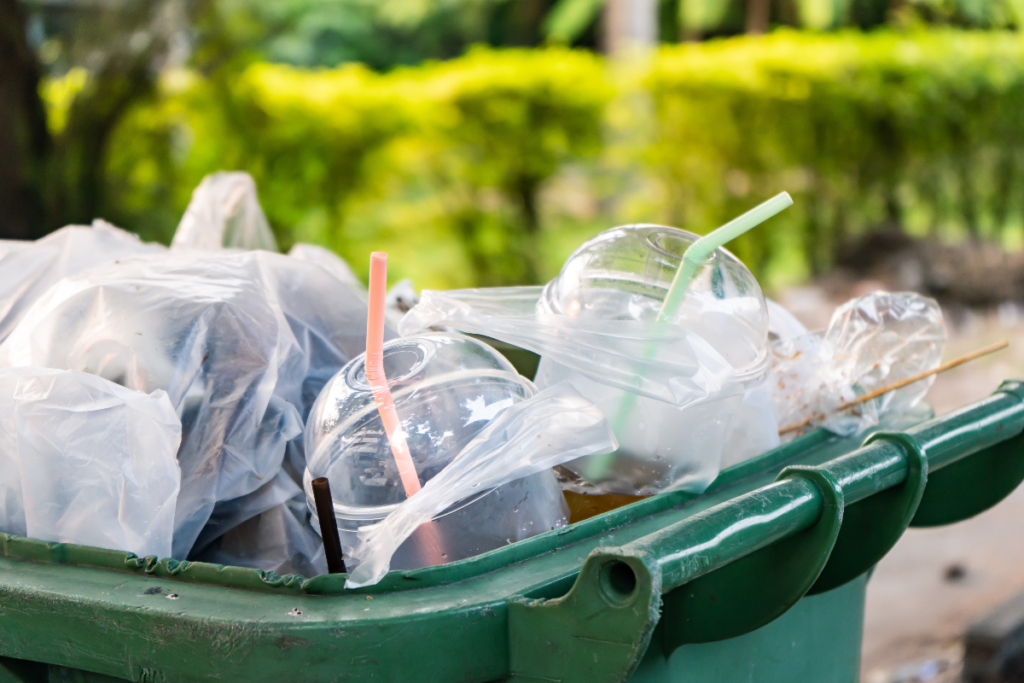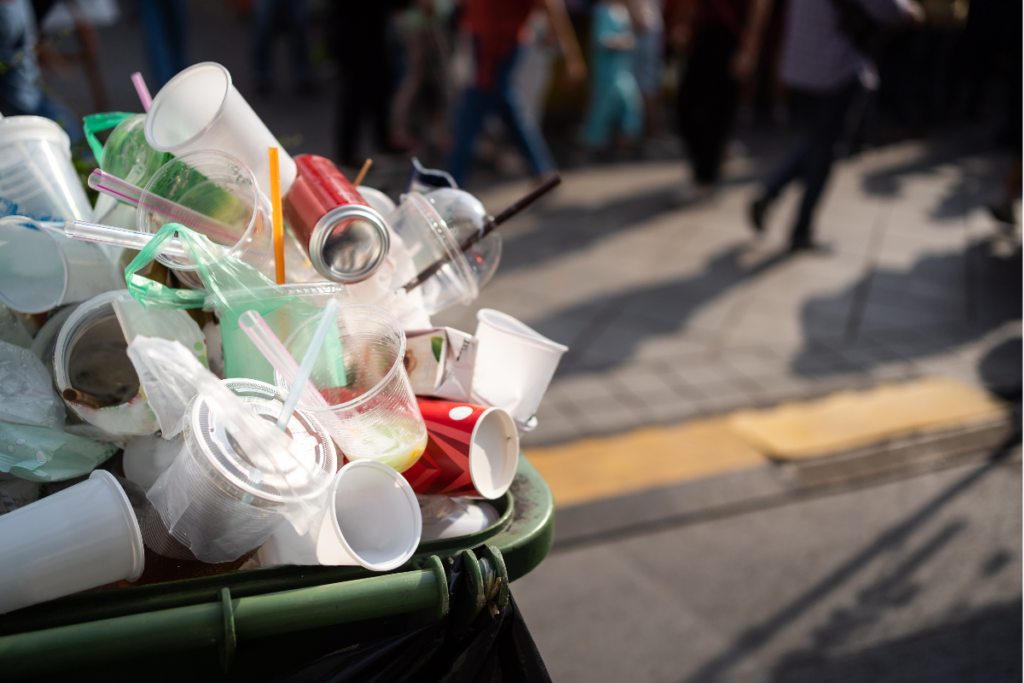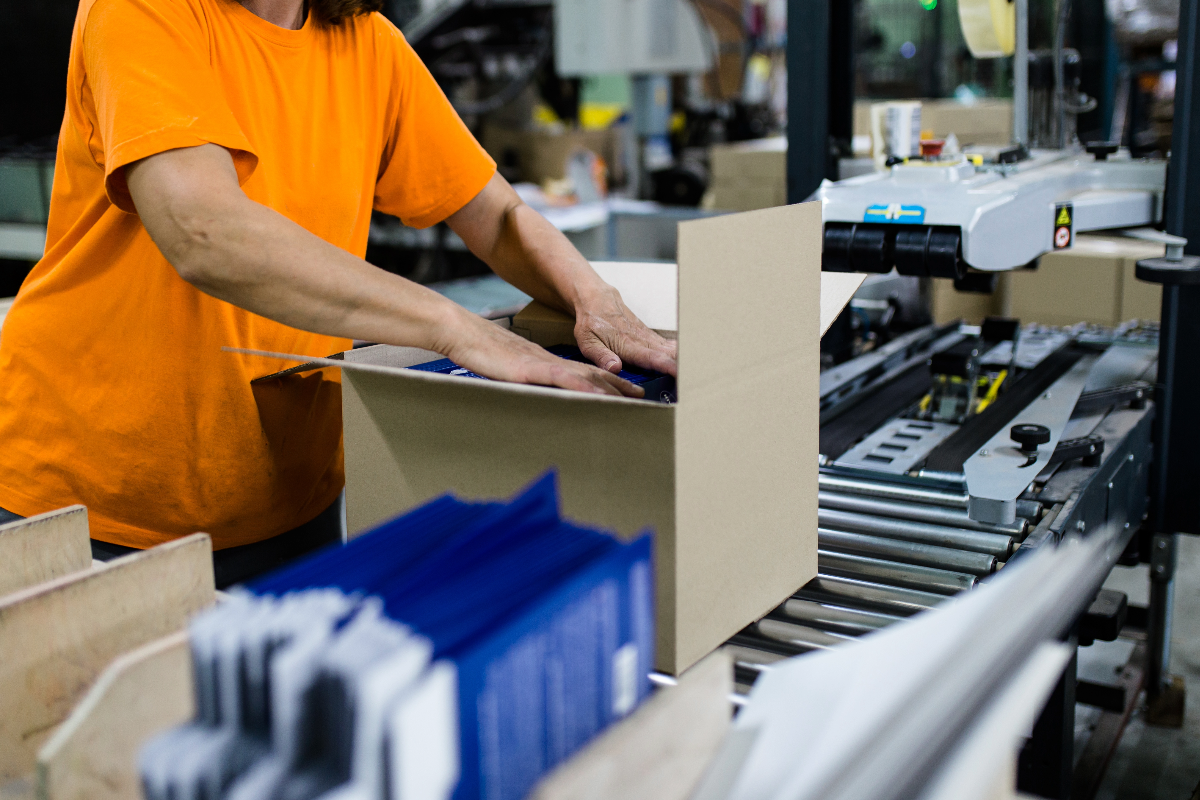BLOG
Single-Use Plastics Ban: What businesses need to know

It’s estimated that England uses 2.7 billion items of single-use plastic cutlery each year. This is enough to cover the world over eight and a half times. Only 10% of this plastic is recycled too. So, what’s being done about this? Back in January 2023, the government announced they would be banning the sale of single-use plastics in England. But what does this mean for your business?
What does the Single-Use Plastics Ban cover?
From 1st October 2023, businesses in England can no longer “supply, sell or offer certain single-use plastic items”. The ban includes any items from new or existing stock and any online and ‘over the counter’ sales and supply. It also includes all types of single-use plastic, even biodegradable, compostable and recycled materials as well as items that are wholly or partly made from plastic, including coating or lining. Some of the items covered by the ban include:
- Plates
- Bowls
- Trays
- Cutlery
- Balloon Sticks
- Polystyrene food and drink containers
The Packaging Waste Regulations are changing. Click below to find out more about Extended Producer Responsibility!
Are there any exemptions?
There are a couple of exemptions for the different types of plastic that you might have. You can still supply single-use plastic plates and bowls if you’re supplying them to another business or the items are packaging themselves. For example, a pre-filled salad bowl or a plate filled at the counter of a takeaway. The current plan is to include these in the Extended Producer Responsibility Scheme.
Polystyrene food and drink containers are also included in the ban. However, this only applies to the plastic used for ‘ready-to-consume’ food and drink. You’ll still be able to sell food and drinks in polystyrene containers if the product needs further preparation before it can be consumed. This covers food that needs water adding, microwaving, or toasting.


Why is the Single-Use Plastics Ban in place?
The main reason for the implementation of the ban is because of the damaging effects that single-use plastic can have on the environment. Disposable plastic items don’t really biodegrade, they simply break down into smaller pieces of plastic called ‘microplastics’. These then pollute water sources and can even work their way into our food. Greenpeace found that over 90% of sampled salt brands globally contained microplastics.
The ban expects to have a significant impact on reducing the amount of plastic waste and littering found across the country. Thérèse Coffey, Environment Secretary said: “We all know the absolutely devastating impacts that plastic can have on our environment and wildlife. We have listened to the public and these new single-use plastics bans will continue our vital work to protect the environment for future generations.”
How can I prepare for the Single-Use Plastics Ban?
With just over three months until the ban comes into force, there are a couple of things your business can do to prepare. Government guidance suggests that businesses should try to use up existing stock before 1st October or use different materials for any single-use items your business has. You could also try to find re-usable alternatives for the single-use items that you sell. Could you offer customers a discount or loyalty points for bringing their own reusable packaging or could you trial offering a reusable plastic option to prepare for October?
What happens if I don’t comply with the ban?
The government have advised that local authorities will carry out inspections to ensure that businesses are following the new ban. Local inspectors could make a visit to your business, speaking to staff members and ask to look at your records. They could even make a test purchase to ensure that you’re following the new legislation. If you’re found to be breaking the law, your business could face fines and have to cover the cost of the investigation. Members of the public can also make complaints about businesses to Trading Standards. It’s not yet known how much the fine is expected to be.
Contact us
Looking to switch to more sustainable operations? Our team of waste experts can help your business to create a bespoke waste management plan to help you achieve your sustainability goals and reduce your impact on the environment. We’ll advise you on all the necessary legislation too to keep your business compliant. Contact our team of experts today to find out more.




